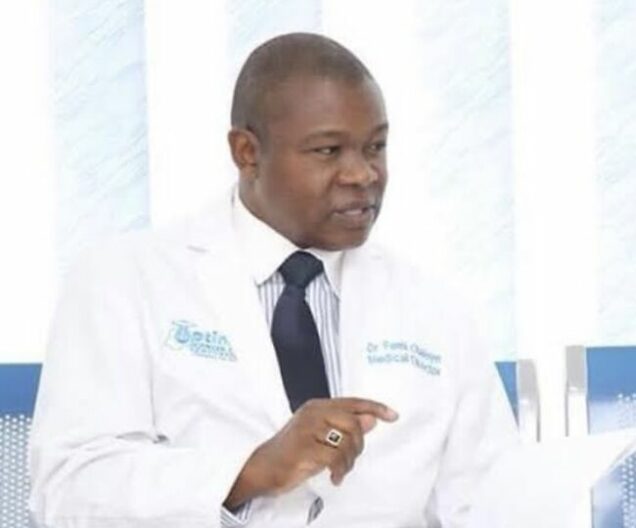
The Lagos Sexual Offences and Domestic Violence Court, Ikeja, had, on October 24, found him guilty of defiling his wife’s 16-year-old niece and sentenced him to life imprisonment.
The trial judge, Justice Rahman Oshodi, held that the prosecution proved the two charges of defilement and sexual assault by penetration against Olaleye.
However, in a notice of appeal sighted by our correspondent on Wednesday, Olaleye through his lawyer, Dr. Kemi Pinheiro, SAN, said the lower court was wrong to have relied on the evidence presented by the prosecution against him.
He argued that the prosecution’s case was bereft of any cogent or credible independent corroborative evidence.
Pinheiro said, “The law is trite that in cases of defilement or sexual assault of a child, the evidence of such child must be corroborated. See: James vs State of Lagos (2021) LPELR-52456 (CA); Eze vs State (2019) LPELR-47984 (CA); Aje vs State (2019) LPELR-46828 (CA).
“Such corroboration must be credible, outside and independent of the testimony of the child. The evidence of all the witnesses of the prosecution that purportedly corroborated the testimony of PW2 were all derived from PW2 herself.
“Furthermore, such corroboration must not only indicate that the crime was committed it must show that the Defendant indeed committed the offence.”
He also said the lower court erred in law when it failed to invoke Section 167(d) of the Evidence Act 2011 when the prosecution failed to present the birth certificate of the alleged victim
Pinheiro said, “The law mandates a court of law to presume that evidence which could be and is not produced by a party has been willfully withheld by that party because same was unfavorable to it.
“The birth certificate or any document in relation to the date of birth of the alleged victim of the crime ought to have been in the custody of the prosecution or the victim. The prosecution elected not to present the said birth certificate or any document in that regard.
“In the circumstances, the Honourable Lower Court ought to have invoked Section 167(d) of the Evidence Act 2011. See: State. vs. Sunday (2019) 9 NWLR pt. 1676 pg. 115; State vs. Salawu (2011) 18 NWLR pt. 1279 pg. 580.”
He, however, prayed the appellate court to discharge and acquit him.
He is seeking, “An order of this honourable court discharging and acquitting the appellant of the offences spelt out on the face of the information filed in Charge No: ID/20289C/2022.
“An order of this honourable court setting aside the decision of the honourable lower court contained in the judgment delivered on the 24th day of October 2023 in charge No: ID/20289C/2022.”





